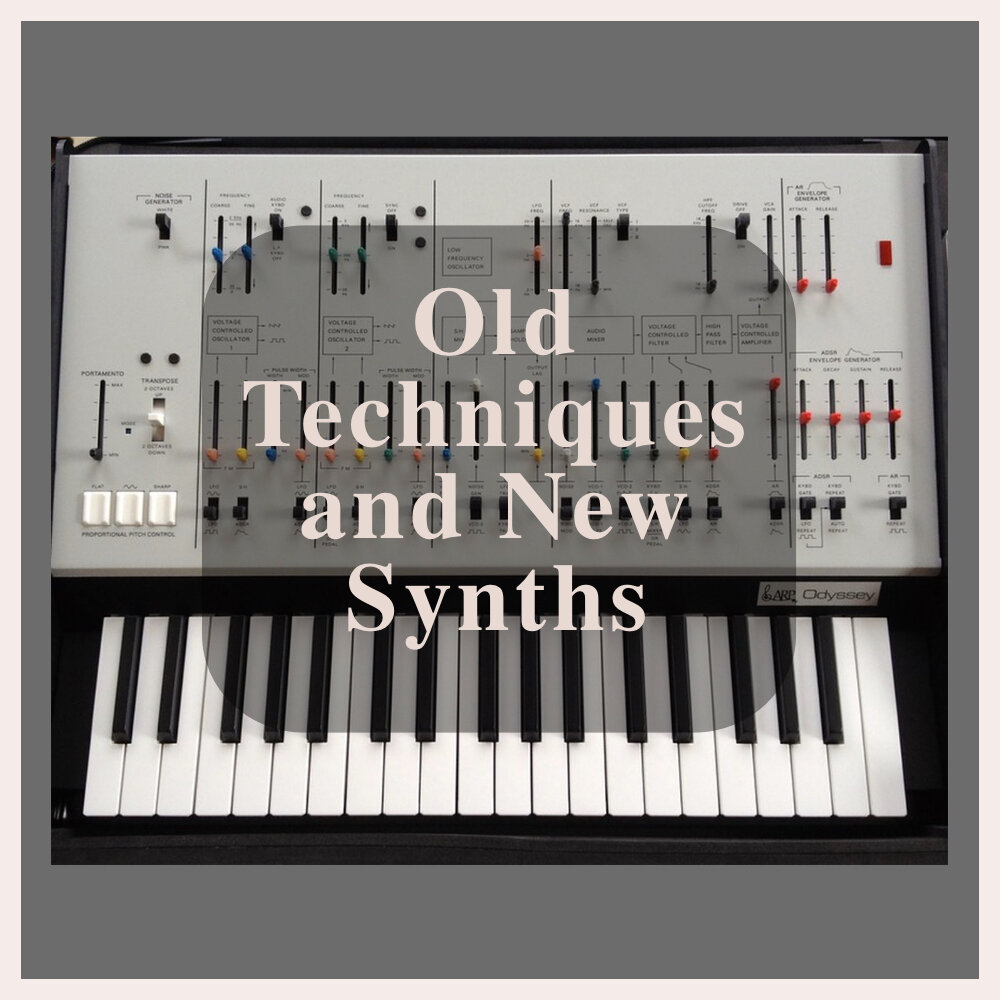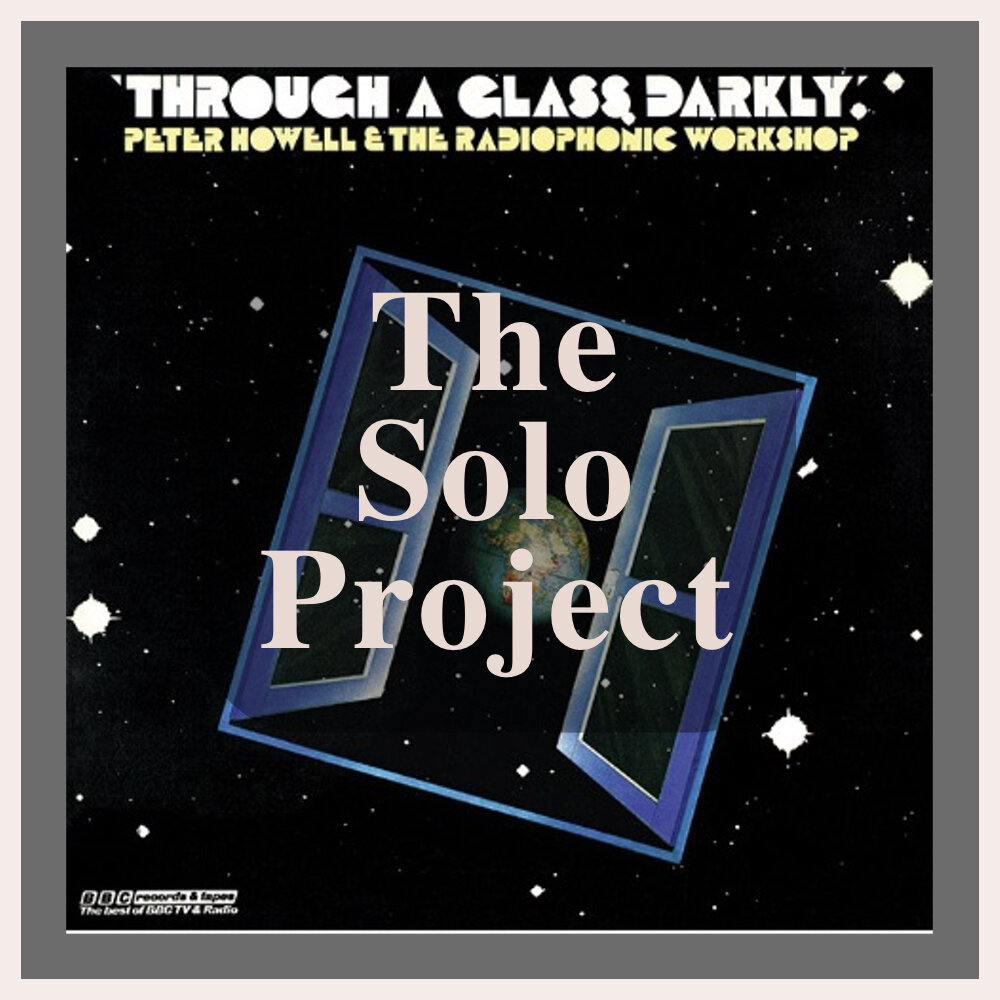The Well Oiled Machine
From 1984 to 1998
For the remaining years of the Radiophonic Workshop, we had sufficient gear and the experience and expertise to deliver music to order and on time. We had become a well oiled machine. There were so many commissions over this period that it would be difficult to pick favourites: series for TV, ‘Strange Landscape’, ‘The Real Jurassic Park’, ‘Reality on the Rocks’, unusual one-off projects like ‘Cardiff Singer of the World’ as well as continuing work for BBC Radio, such as the Chronicles of Narnia.
For those of you brave enough, here is an exhaustive list of my projects throughout my time at the workshop. The size of each project varied enormously, so one entry could mean half an hour’s music for one programme, or simply a single sound.
The Skip
1998
Throughout the nineties, all BBC departments were struggling to operate under a new internal market system, but the smaller ones found it almost impossible.
By the late nineties, our departmental overheads were getting too much to bear and we shed two rooms to save money, but it was not enough.
There’s a science fiction novel in which somebody has been tampering with time, gradually causing the present to disappear. In one scene, in a Jazz Club, not only do the chairs and tables fade away but also parts of the keyboard on the piano. In the end, the pianist only has a few notes around middle C that he can play. The book’s called ‘The Stainless Steel Rat Saves the World’, and in 1998 the workshop could have done with his help. Bits of our world were falling away on a monthly basis. I was the penultimate composer to leave and had the unwelcome task of organising the leaving party for a few of the others. One every three months or so. I arranged so many framed portraits and signatures that I became well known down at the framing shop.
There was a feeling of disintegration, and we feared for our archive. Would all our tapes go the way of ‘Hancock’s Half Hour’? So Paddy Kingsland, Brian Hodgson and I asked Mark Ayres whether he could start cataloguing the tapes in 1996, and by 1998, the basic catalogue had been completed. Just in time, because that was to be our last year.
The great British public had spent all those years behind the sofa, but now there was no reason for them to stay. The Radiophonic Workshop had closed.
All of us who had been in the workshop over the last months were too shell-shocked to realise what was to happen next. Two large skips arrived outside BBC Maida Vale and would have swallowed up our entire output, but after a lot of persuasion all the tapes from our library were removed to the main BBC archive in a pantechnicon. It was April 1st, the 40th anniversary of the Workshop’s opening.
For those of us who worked at the Radiophonic Workshop, the story continued long after the closure of the department.














